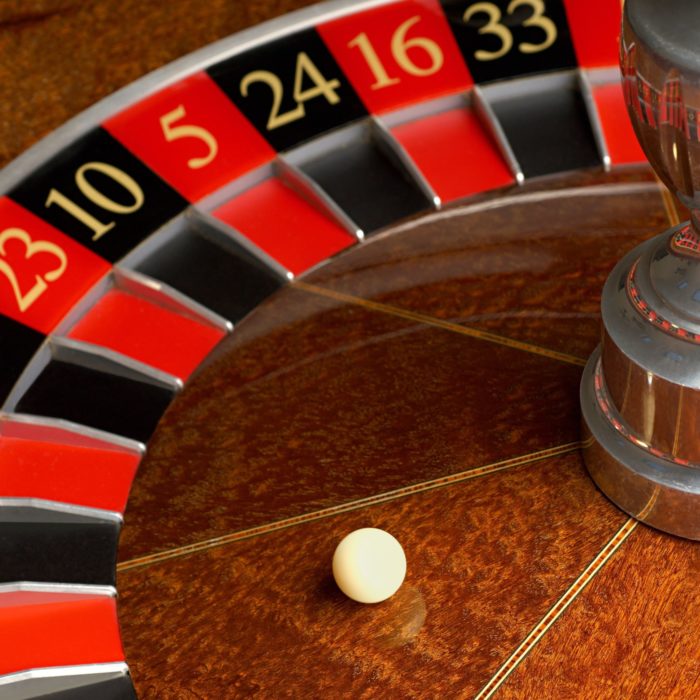Thinking About Thinking
Humans overall suck at logic. We have the capacity for logic, but it is only one of many algorithms running in our brains, and often gets lost in the noise. -Steven Novella

Capital Thinking · Issue #1018 · View online
Humans overall suck at logic.We have the capacity for logic, but it is only one of many algorithms running in our brains, and often gets lost in the noise.-Steven Novella
Gambler’s Fallacy and the Regression to the Mean
Steven Novella | Neurologica Blog:
Further, we have many intuitions, biases, and cognitive flaws that degrade our ability to think logically. Fortunately, however, we also have the ability for metacognition, the ability to think about our own thinking.
We can therefore learn logic and how to think more clearly, filtering out the biases and flaws. It is impossible to do this perfectly, so it is best to think of metacognition as a life-long project of incremental self-improvement.
Further, our biases can be so powerful, that when we learn how to think about thinking we often just make our logical fallacies more and more subtle, rather than eliminating them entirely.
Some cognitive flaws are evolutionarily baked into our thinking, likely resulting from heuristics that are practical mental shortcuts but not strictly logically valid.
There also appears to be some cognitive abilities that were not prioritized in our evolutionary history, and so our finite brain resources were simply not allocated to them. This is where most math and statistically related fallacies derive.
We do not deal well with large numbers, and we have terrible intuitions regarding statistics and probability. We have developed elaborate formal systems for dealing with math and probability, essentially to replace or at least augment our intuitive thinking, and often these systems produce results that are counterintuitive.
Perhaps the most famous example of counter-intuitive statistics is the Monty Hall problem.
You are given a choice of three doors, behind one is a prize. You can choose one door.
The host of this game, who knows where the prize is, then opens one door without a prize (again – they know where the prize is and deliberately choose one of the unchosen doors without a prize), and then ask if you want to change your choice to the other unopened door.
If you change your choice your odds of winning go up from 1/3 to 2/3. If you have not encountered this problem before, this may seem counterintuitive, but it is absolutely correct.
Another common statistical fallacy is the gambler’s fallacy.This fallacy derives from an incorrect intuitive feeling that past results somehow magically affect future results, in a system in which each event is supposed to be independent.
It’s called the gambler’s fallacy because games of chance are a perfect set up for this error in thinking.Let’s consider a roulette table, …
